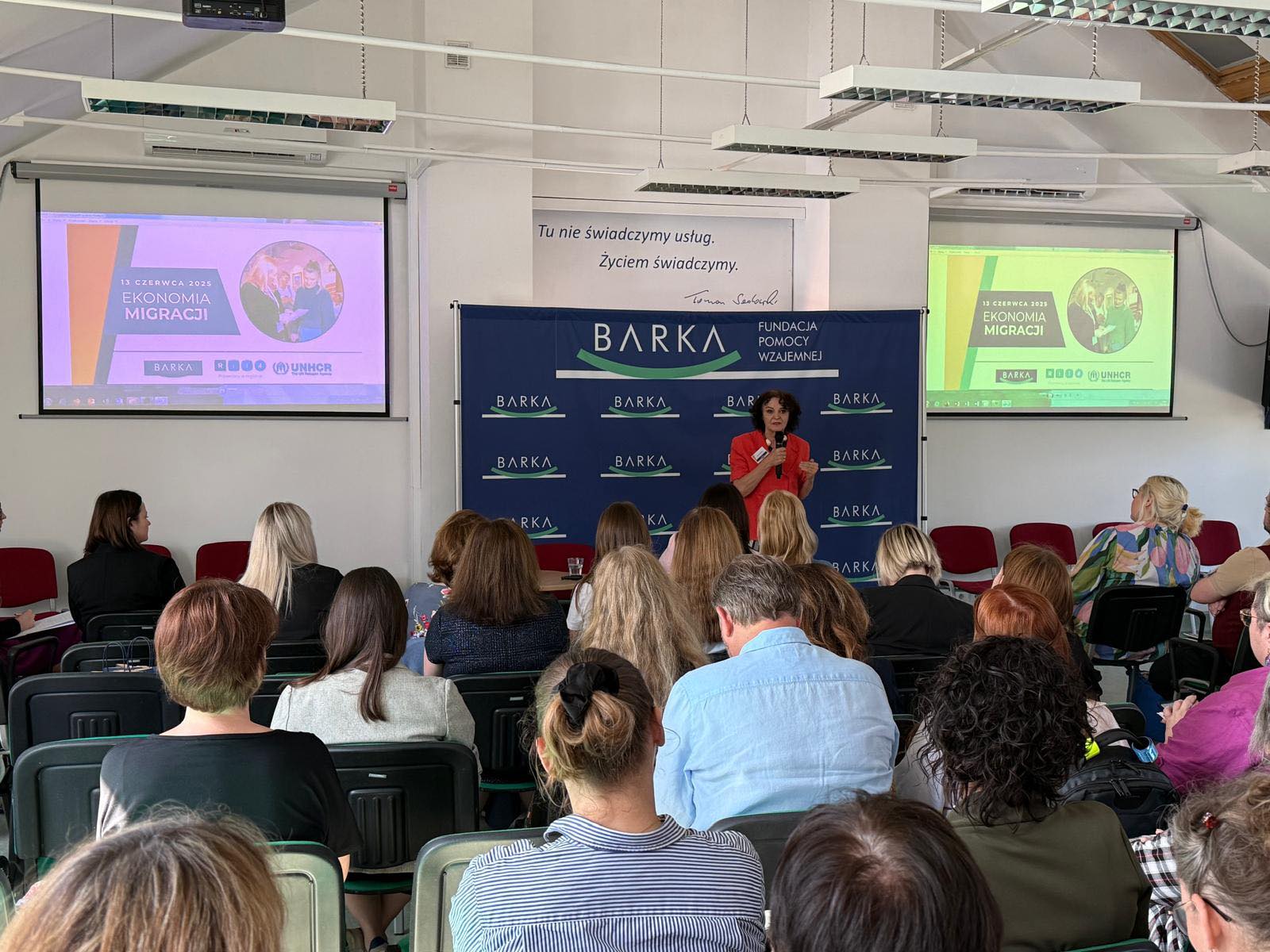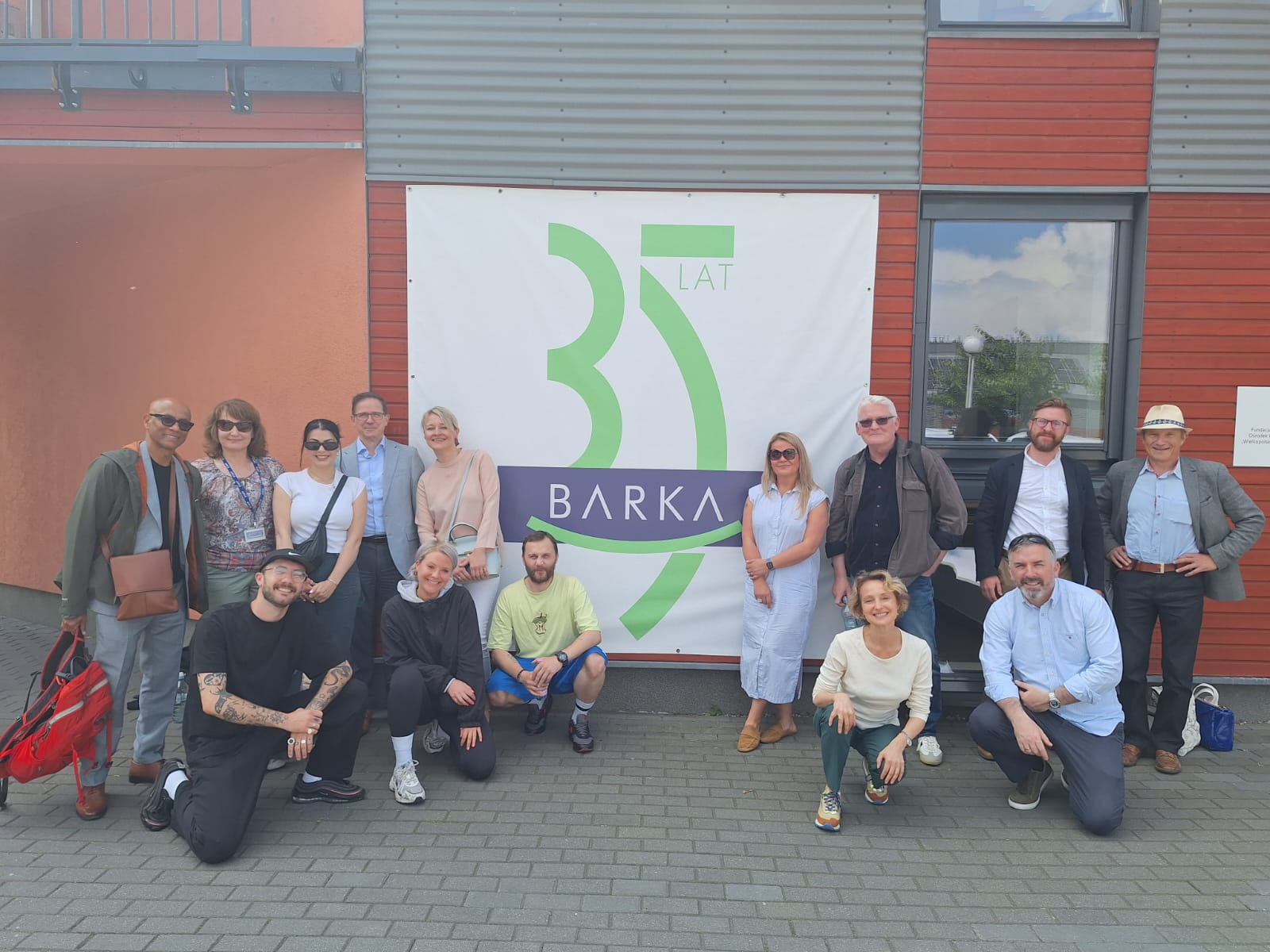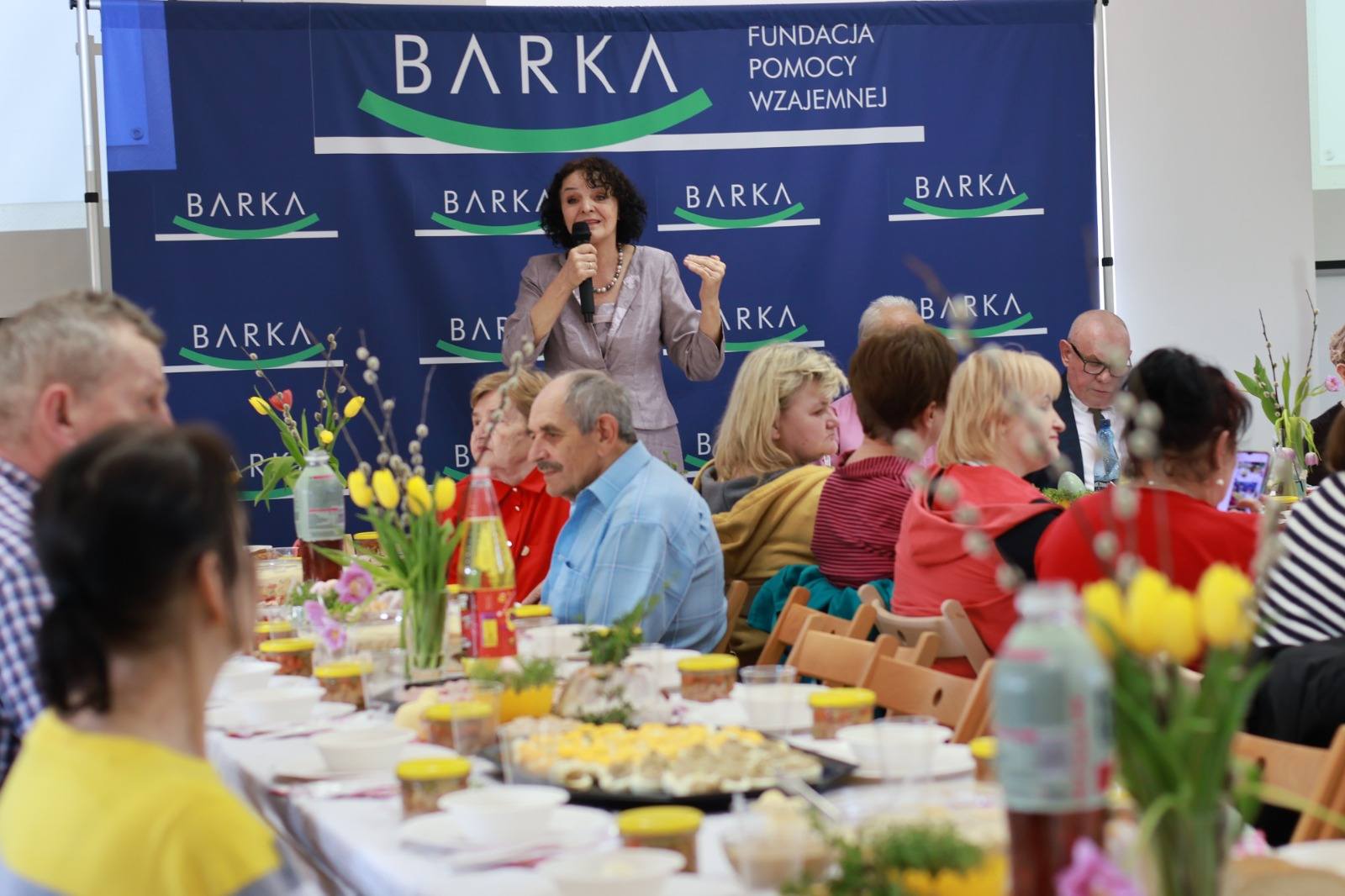On Thursday, 9th of November 2023, Barka UK participated in the “Support for people leaving prisons and people in debt” conference, organised by the Regional Centre for Social Policy in Poznań, in Poland.
The Act of 28 July, 2023 amending the Act on Social Assistance and certain other acts, which has been in force since 1 November in Poland, stipulates that social work may be provided by a social worker in a prison or pretrial detention centre to a person who has no more than three months left until they leave the prison/detention centre in question.
“New” social assistance benefits will be introduced – care services in the form of neighbourhood services and short-term support services at social welfare homes. Training or supported housing will be introduced in place of the existing assistance in the form of sheltered housing.
In addition, the speakers at the event were looking for effective solutions for organising interdisciplinary cooperation and the creation of a support system for residents of Greater Poland who are burdened by deb
The issues associated with the subjects considered were: how to organise cooperation effectively and how best to create a support system for residents of Greater Poland who find themselves in debt. The conference was focused on cooperation with other sectors to provide comprehensive and high-quality support to inmates at prison facilities, along with individuals in debt.

The event was opened by Paulina Stochnialek, a Member of the Management Board of the Wielkopolska Voivodeship, who emphasised that more must be done for prisoners who are about to leave prisons and for whom the most important issue after leaving prison is dealing with debt and creditors.

Ilona Kasprzak, of the Department of Supervision and Control in Social Welfare, at the Greater Poland Voivodeship Office in Poznań, described the changes in the Act On Social Assistance which affect work with people who are to be released from prisons and detention centres.
Captain Leszek Biegun, at the External Department of the Detention Centre in Poznań, discussed the changes to the Social Assistance Act from the perspective of the justice system in Poland.
Colonel Filip Skubel, a representative of the Correctional Office of the Central Board Prison Service, discussed the current activities of the Prison Service in Poland and stated how these might be affected by the amendment to the Act on Social Assistance.
Actions taken by the Probation Service in the arena of support for people leaving prisons were presented by Wojciech Mroczkowski, the President of the Wielkopolska Board Association of Probation Officers, who explained the way in which the expectations of those in need of support do not match the current situation: examples and statistics were given for the Poznan region in the areas of financial support.
Agnieszka Dałkowska, a social worker at the Social Service Centre in Rawicz, which has been co-operating with Rawicz prison in Poland for many years, presented compelling examples of the manner in which social work for prisoners and those released from prisons was addressed in the past and how, at present, social workers approach prisoners, and help them while visiting prisons.
Aleksandra Andrzejewska, who represented the Social Inclusion Department of the Regional Centre for Social Policy in Poznań discussed the organisation’s activities in the area of supporting people leaving prisons and people in debt
Another speaker, Roman Pomianowski, the Initiator of the “Support in Debt Programme”, discussed effective help for people in debt, including those leaving prisons. As a psychologist, who has spent over 25 years working with prisoners and prison leavers, his view was that more education and preventive actions are needed before prisoners are actually faced with leaving prison and compelled to cope with debt.
The final subject on the conference programme was a panel discussion entitled: “Working with people in debt, including those leaving prison.” The current situation in Poland was discussed, along with future strategies and ways in which to improve this, in the arena of prison leavers and people in debt.

The panel was moderated by Michal Cichocki, the Leader of the Social Integration Club of the Family Municipal Aid Centre in Poznań. The panelists included Katarzyna Bielerzewska – Halasz, of the Community Integration Association BARKA.
The conference was reviewed and wrapped up by Zofia Rutkowska, a Deputy Director for Strategic Affairs at the Regional Centre for Social Policy in Poznań.
During the coffee breaks the delegates attending the conference visited the mini exhibition stands of regional social cooperatives who presented examples of their workshops.






